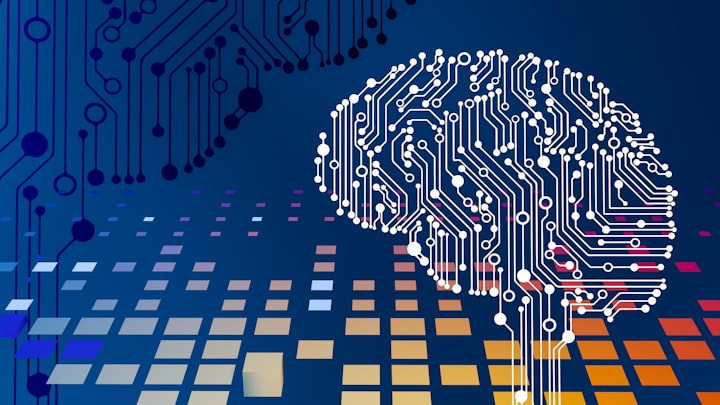The Benefits of Education: Empowering Individuals and Transforming Society
Unleashing Potential, Empowering Minds: Exploring the Multifaceted Benefits of Education

Education plays a crucial role in shaping individuals, communities, and societies as a whole. It is the foundation upon which knowledge, skills, values, and perspectives are built. In this article, we will explore the multifaceted benefits of education, examining how it empowers individuals, fosters personal and professional growth, and contributes to the progress of society.
1. Personal Development and Empowerment:
Education serves as a catalyst for personal growth and empowerment. It provides individuals with opportunities to expand their knowledge, explore their interests, and discover their unique talents and abilities. By acquiring knowledge and skills, individuals gain confidence, independence, and a sense of self-worth.
2. Enhanced Career Prospects:
Education significantly impacts career prospects and employability. It equips individuals with the necessary skills and qualifications demanded by various industries. Higher levels of education, such as degrees or certifications, open doors to a wider range of job opportunities and increase earning potential.
3. Critical Thinking and Problem-Solving Skills:
Education cultivates critical thinking and problem-solving skills. Through exposure to diverse subjects and disciplines, individuals learn to analyze, evaluate, and apply information. They develop the ability to think independently, make informed decisions, and find innovative solutions to complex problems.
4. Social and Cultural Awareness:
Education promotes social and cultural awareness by exposing individuals to different perspectives, beliefs, and values. It fosters tolerance, empathy, and understanding, breaking down barriers and fostering a more inclusive society. Education also plays a vital role in preserving and passing on cultural heritage, traditions, and knowledge from one generation to the next.
5. Health and Well-being:
Education is closely linked to improved health outcomes and overall well-being. Educated individuals are more likely to make informed choices about their health, adopt healthier lifestyles, and seek preventive care. Education also empowers individuals to navigate healthcare systems, understand health information, and advocate for their well-being.
6. Civic Engagement and Active Citizenship:
Education is instrumental in shaping active and responsible citizens. It instills a sense of civic duty, social responsibility, and community engagement. Educated individuals are more likely to participate in democratic processes, exercise their rights and responsibilities, and contribute to the betterment of society through volunteering, activism, and leadership.
7. Economic Growth and Prosperity:
Education plays a vital role in driving economic growth and prosperity. Well-educated individuals contribute to a skilled workforce, innovation, and entrepreneurship. Education fosters creativity, problem-solving abilities, and adaptability, which are essential for economic competitiveness in a rapidly evolving global landscape.
8. Lifelong Learning:
Education goes beyond formal schooling; it promotes a lifelong learning mindset. It instills a curiosity and desire for continuous personal and professional development. Lifelong learning enables individuals to adapt to changing circumstances, embrace new technologies, and stay relevant in a dynamic and knowledge-based society.
Tips for Promoting Education:
1. Foster a Culture of Learning:
Create an environment that values education and encourages continuous learning. Encourage curiosity, support intellectual pursuits, and promote a growth mindset among individuals of all ages.
2. Access to Quality Education:
Advocate for equal access to quality education, regardless of socio-economic status, gender, or geographical location. Support initiatives that provide educational opportunities for underserved communities and marginalized populations.
3. Embrace Technology and Online Learning:
Embrace technology as a tool to expand educational opportunities. Online learning platforms, digital resources, and educational apps can provide accessible and flexible learning options for individuals worldwide.
4. Encourage Parental Involvement:
Recognize the crucial role of parents and caregivers in education. Encourage parental involvement, support educational activities at home, and foster a positive learning environment for children.
5. Invest in Teacher Development:
Support
professional development opportunities for teachers. Investing in teacher training, mentorship programs, and ongoing support enhances the quality of education and positively impacts student learning outcomes.
Conclusion:
Education is a transformative force that empowers individuals, fosters personal growth, and contributes to the progress of society. It expands horizons, unlocks opportunities, and equips individuals with the knowledge and skills needed to navigate an ever-changing world. By recognizing and promoting the numerous benefits of education, we can create a more inclusive, prosperous, and sustainable future for all.
More Information






Comments
There are no comments for this story
Be the first to respond and start the conversation.